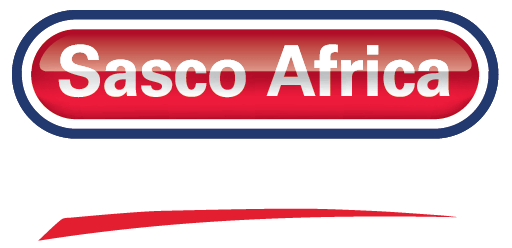
Waste management plays a pivotal role in maintaining environmental sustainability and public health. Accurate measurement of waste is essential for efficient disposal, recycling, and compliance with regulations. This is where waste weighing systems become invaluable, providing precise data that informs decision-making in waste management operations.
Understanding the mechanisms behind waste collection and processing can significantly impact how organizations handle refuse. Waste weighing systems offer a technological solution to measure waste accurately, ensuring that operations are both economically and environmentally efficient. They are integral to modern waste management strategies, enabling better resource allocation and cost control.
In exploring the various types of waste weighing systems, it becomes clear how they contribute to streamlined operations across different sectors. From municipal waste services to industrial applications, these systems are tailored to meet specific needs, enhancing overall performance and sustainability.
Understanding Waste Weighing Systems
Waste weighing systems are specialized technologies designed to measure the weight of waste materials during collection, transportation, or processing. These systems provide critical data that helps organizations monitor waste quantities, optimize logistics, and comply with environmental regulations.
At their core, waste weighing systems consist of load cells, sensors, and software that collectively measure and record the weight of waste. The data collected can be used for various purposes, such as billing based on weight, tracking waste generation trends, and improving recycling rates. By providing accurate measurements, these systems help in reducing discrepancies and improving transparency in waste management processes.
Implementing waste weighing systems also aids in resource optimization. For instance, knowing the exact weight of waste loads allows for better planning of collection routes and schedules, reducing fuel consumption and operational costs. Additionally, it supports environmental initiatives by promoting accountability and encouraging waste reduction practices among consumers and businesses alike.
Types of Waste Weighing Systems
There are several types of waste weighing systems available, each designed to cater to different stages of the waste management process. Understanding these types helps organizations select the most appropriate system for their specific needs.
On-board Weighing Systems are installed directly on waste collection vehicles. These systems measure the weight of waste as it is loaded into the truck, providing immediate data on the amount collected from each location. This real-time information is useful for route optimization, overload prevention, and dynamic billing processes.
Weighbridge Systems are large scales typically installed at waste processing facilities or landfills. Vehicles carrying waste drive onto the weighbridge before and after unloading, and the difference in weight determines the amount of waste delivered. Weighbridges are essential for facilities that handle large volumes of waste, ensuring accurate recording and facilitating regulatory compliance.
Bin Weighing Systems attach to individual waste bins or containers. These systems are particularly useful for pay-as-you-throw programs, where customers are charged based on the exact amount of waste they produce. Bin weighing promotes fair billing and incentivizes waste reduction and recycling efforts among households and businesses.
Benefits of Implementing Waste Weighing Systems
The adoption of waste weighing systems offers numerous advantages that enhance both operational efficiency and environmental stewardship. One of the primary benefits is the ability to obtain accurate and reliable data on waste quantities. This precision leads to fair and transparent billing practices, strengthening customer trust and satisfaction.
Operationally, waste weighing systems contribute to cost savings by optimizing collection routes and reducing unnecessary trips. Real-time weight data allows fleet managers to adjust routes based on actual capacity, minimizing fuel consumption and vehicle wear. This efficiency not only lowers operational costs but also reduces the carbon footprint associated with waste collection activities.
From an environmental perspective, these systems encourage better waste management practices. Accurate weighing enables organizations to monitor waste generation patterns and identify opportunities for waste reduction and recycling. By promoting accountability, waste weighing systems support regulatory compliance and contribute to broader sustainability goals.
Conclusion
Waste weighing systems are essential tools in modern waste management, offering precise measurement and valuable data that drive efficiency and environmental responsibility. By integrating these systems into waste collection and processing operations, organizations can achieve significant improvements in cost management, regulatory compliance, and service delivery.
Investing in the right waste weighing system can transform waste management practices, leading to more sustainable and economically viable operations. Whether for municipal services, industrial waste handling, or commercial applications, these systems provide the insights necessary for informed decision-making.
To explore a comprehensive range of weighing systems and scales tailored to your waste management needs, consider the solutions offered by Sasco Africa. With cutting-edge technology and a commitment to quality, Sasco Africa provides equipment that enhances efficiency and supports environmental sustainability. Visit our website to discover how our products can elevate your waste management operations.


